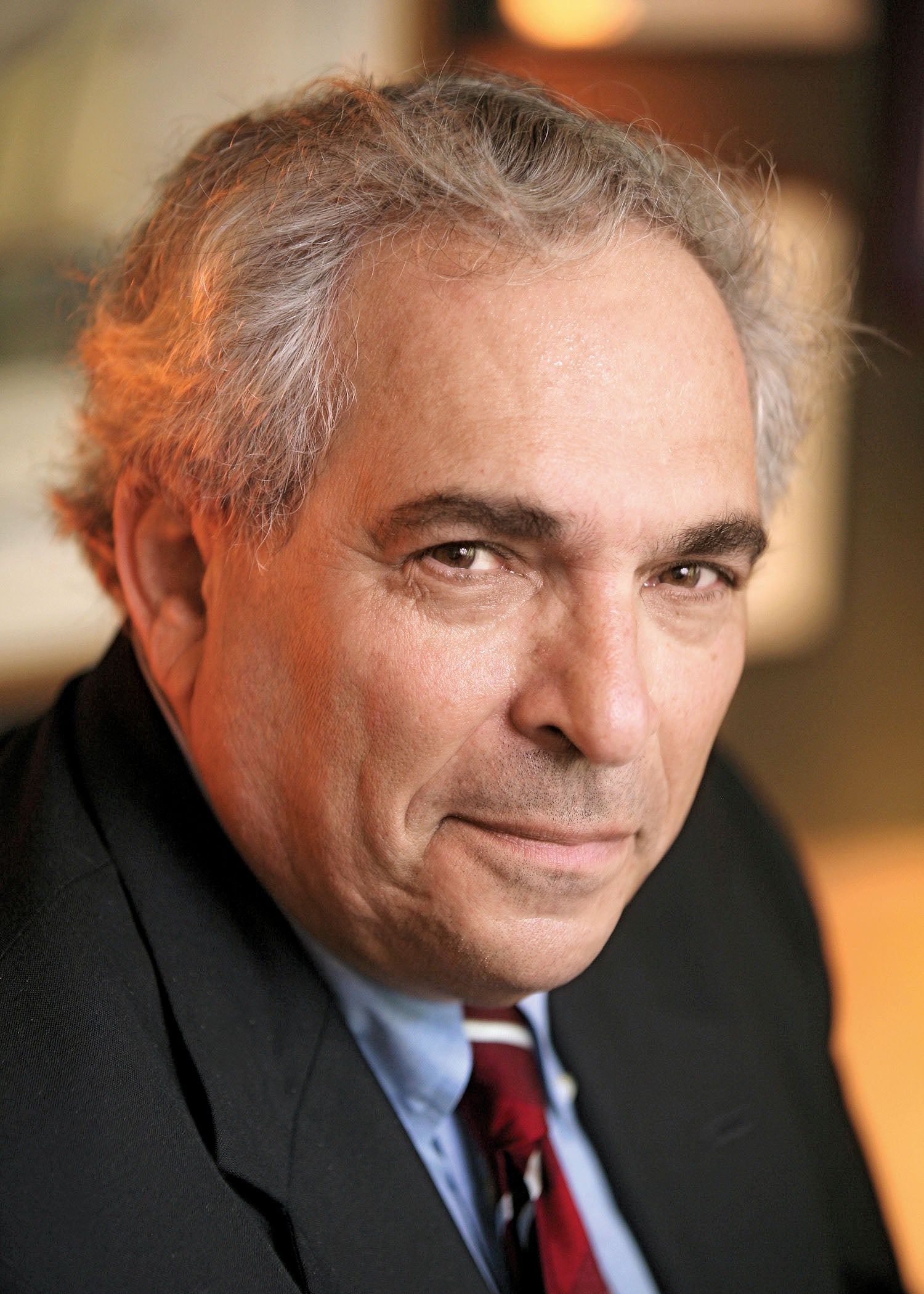Harvard Law School Professor Hal Scott testified before the Senate Committee on Banking, Housing, and Urban Affairs on February 4 regarding the Volcker Rules, which aim to address some failings in the financial regulatory structure brought to light by the recent financial crisis. (View webcast of the hearing.)
Proposed by the White House, the Volcker Rules would put new limits on “excessive growth” of the market share of liabilities at large financial firms and block banks from owning, advising, or investing in hedge funds and private equity funds. The Rules are named after former Fed Chairman Paul Volcker, who proposed and lobbied for the new rules.
In his written testimony (PDF), Scott spoke against the Volcker Rules, saying that although the goals are laudable, the Rules would not solve any of the problems in the regulatory structures that caused the financial crisis.
“Let me preface my testimony by stressing the urgent need for broad regulatory reform in light of the financial crisis,” Scott said. “The objective embodied in the Volcker Rules is to restrict banks that are ‘Too Big to Fail’ from participating in non-traditional risky investment activity, thus minimizing the chance they might fail and have to be rescued to avoid endangering uninsured depositors or the FDIC insurance fund. This might have been the concern in the past but it misses the mark today.”
Scott said rather than size, it was the interconnectedness of financial institutions that caused the financial crisis. “The reason for the rescue during the crisis…was not to protect depositors of banks or the FDIC insurance fund. The reason was rather to avoid a chain reaction of failures set off by interconnectedness,” he said.
Scott said that the adoption of the Perlmutter-Miller and the Kanjorski Amendments would be better solutions to the regulatory issues than the Volcker Rules.
According to Scott, the Perlmutter-Miller Amendment would “allow the Federal Reserve Board to prohibit a systemically important financial holding company…to stricter prudential supervision from engaging in all proprietary trading activities.”
Scott added that the Kanjorki Amendment “is a better solution to the broader problem of all activities and size” because it allows a new “financial Services Oversight Council to require ‘mitigatory actions’ whenever an individual firm that has been subject to stricter prudential supervision is deemed to pose a ‘grave threat to the financial stability or economy of the United States.’”
Scott appeared on the panel with leaders from the financial world, including top officials from Goldman Sachs, Citigroup, and JP Morgan Chase.
Scott is the Nomura Professor and director of the Program on International Financial Systems. He is an expert on Capital Markets Regulation, International Finance, the Payment System, and Securities Regulation.
